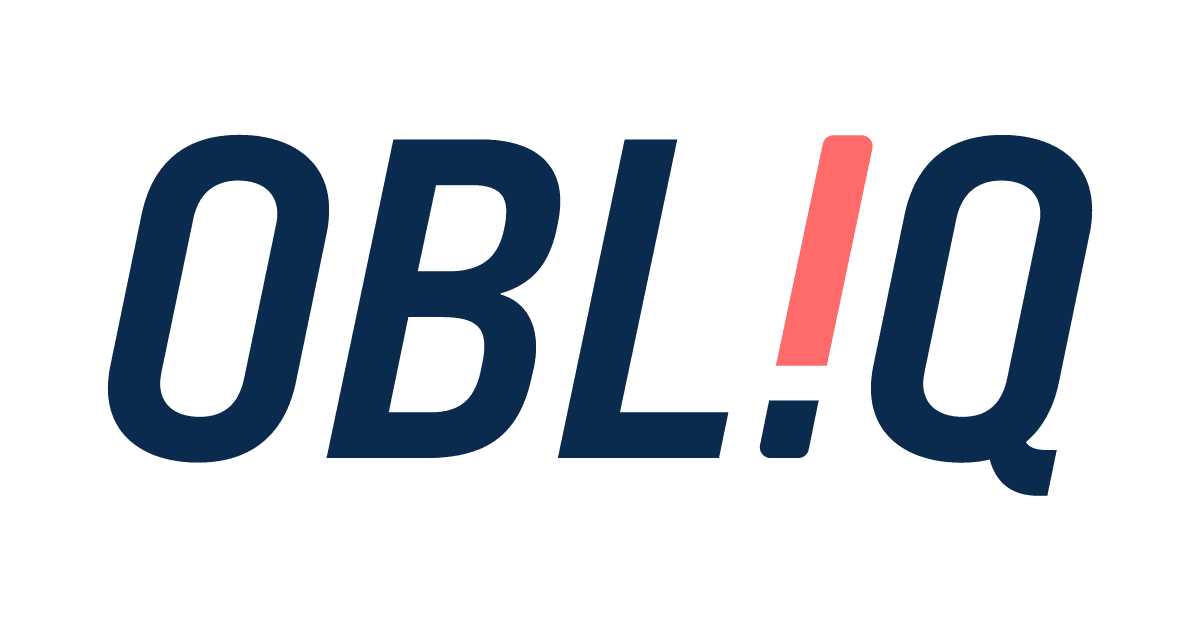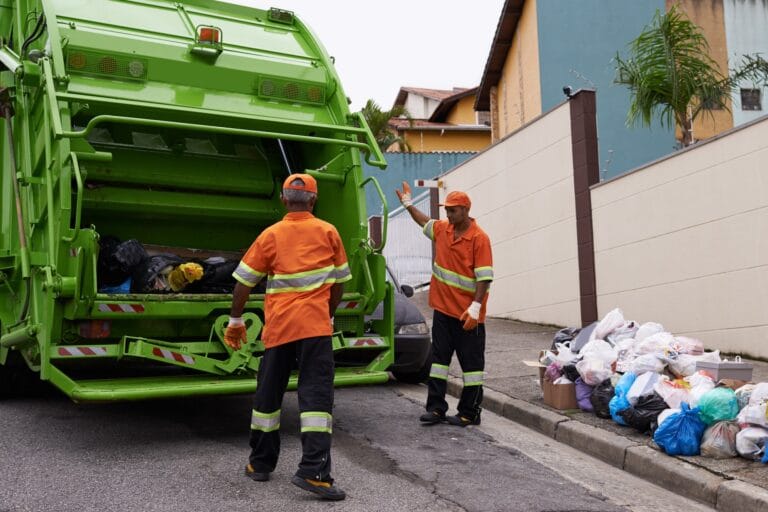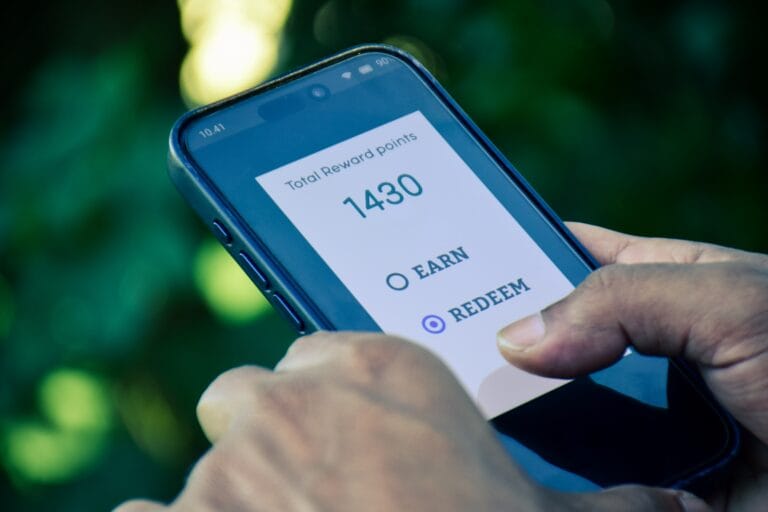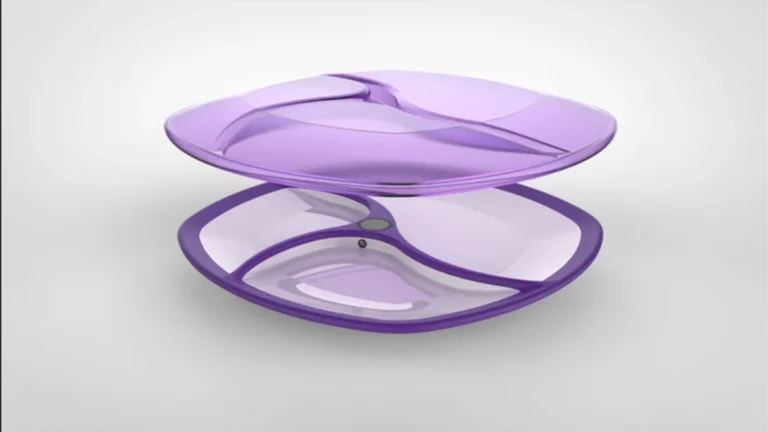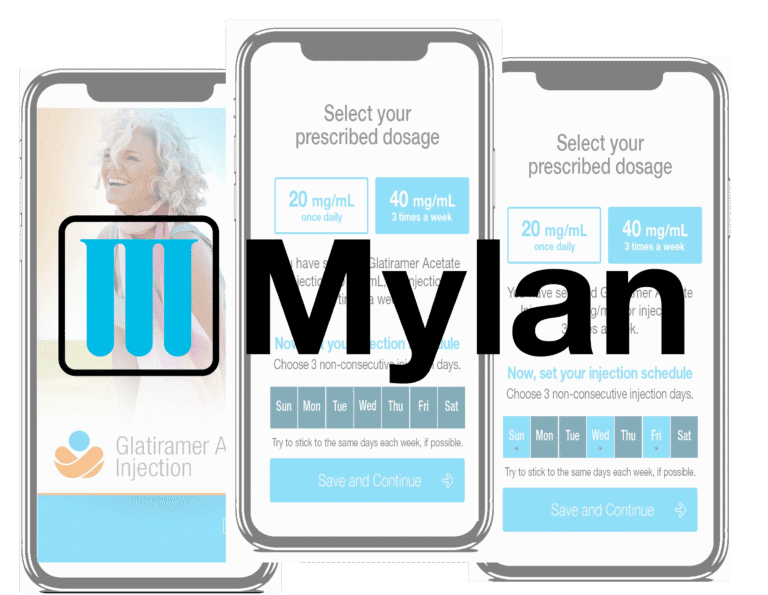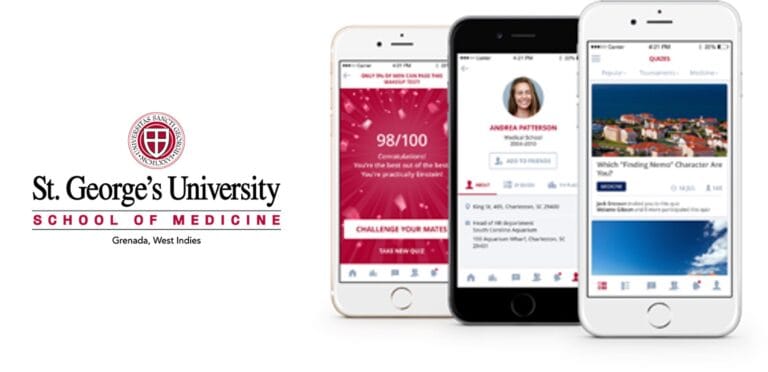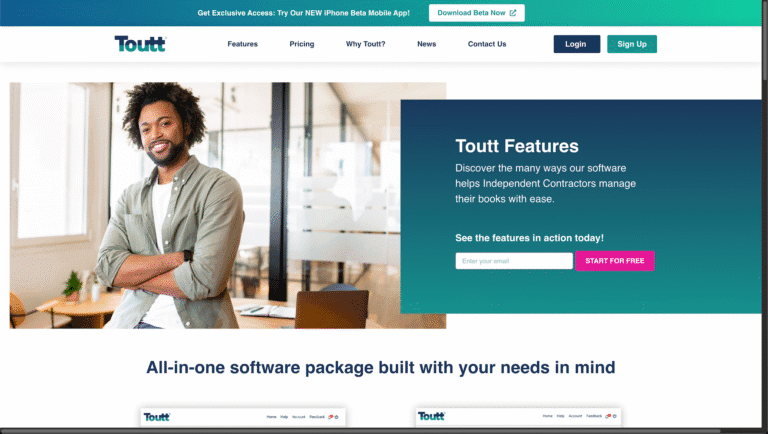OVERVIEW
Averda, a leading waste management provider, sought to implement a digital standardization program to streamline its vast library of SOPs for its workforce. The key objective was to enhance staff comprehension and adoption of these vital procedures in their daily tasks, ultimately elevating operational excellence and safety across the organization.
Involvement
- Custom eLearning & Blended Experience Development
- Micro-Experiences & Performance Support Tools
- Instructional Design & Interactive Content Creation
- Animation & Video Production
Challenges
Averda’s key challenge was to effectively train a large, geographically dispersed frontline workforce that had limited access to traditional desktop-based training and low engagement with compliance-focused content. A successful solution needed to be simple, accessible, and culturally relevant.
- Distributed, Non-Desk Workforce: The primary audience consisted of non-skilled workers with limited tech familiarity who accessed information almost exclusively on their personal mobile devices.
- Inconsistent Training Delivery: SOP training varied significantly across different countries and locations, leading to inconsistent execution and safety risks.
- Low Learner Engagement: Traditional, text-heavy training methods were viewed as a mere compliance exercise, resulting in low engagement and poor knowledge retention.
- Lack of Measurement: Without a centralized LMS, it was nearly impossible to track training effectiveness or identify areas where SOP-related incidents were occurring most frequently.
The OBLIQ Solution
Our solution was a modern, mobile-first learning program designed to be accessible, engaging, and effective for a frontline audience. We focused on removing barriers and delivering content in the flow of work, creating a learning experience that felt supportive rather than mandatory.
- Mobile-First Micro-learning: We designed bite-sized, video-based learning modules that were easy to consume on mobile devices during short breaks, overcoming engagement and technology barriers.
- Centralized eLearning Portal: We implemented a simple, centralized learning portal to ensure standardized training delivery and consistent tracking across all locations.
- Content Localization: Embracing Averda's diverse workforce, we tailored and translated the modules for multiple countries and languages, ensuring the content was relevant and inclusive.
- Data-Driven Feedback Loop: We integrated simple assessments and feedback mechanisms to measure knowledge retention and gather insights for continuous improvement of the training modules.
Our Approach
Our approach was built around understanding and designing for the unique constraints and needs of the end-user. We recognized that for this audience, accessibility and engagement were the most critical factors for success, and we tailored every aspect of our process accordingly.
Designing for the Frontline
We conducted on-the-ground research to understand the daily realities of the workforce. This led to our mobile-first, micro-learning strategy, ensuring training could be accessed easily without disrupting their work.
Overcoming Technology Barriers
Instead of requiring access to a complex LMS, we built a lightweight, web-based portal that was accessible through a simple link on any smartphone, removing a significant barrier to entry.
Focusing on Visual Storytelling
We replaced dense, text-based SOP documents with clear, animated videos and simple interactive scenarios. This visual approach made the procedures much easier to understand and remember.
Making it Relevant
By localizing the content with familiar languages and culturally relevant visuals, we made the training feel personal and respectful, which was key to overcoming the perception of it being a top-down compliance task.
The Results
The digital SOP program delivered significant, measurable improvements in safety, compliance, and engagement across Averda’s global operations, creating a new standard for frontline training.
- 60% Increase in Course Completions: The mobile-first, micro-learning approach dramatically increased employee participation and course completion rates.
- 25% Reduction in SOP-Related Incidents: Standardized training and better retention led to a measurable decrease in safety and operational incidents.
- 50% Increase in Course Uptake in New Regions: Localized content made the training more accessible and relevant, driving adoption in previously low-engagement areas.
